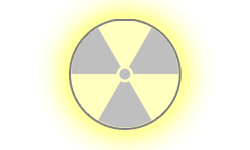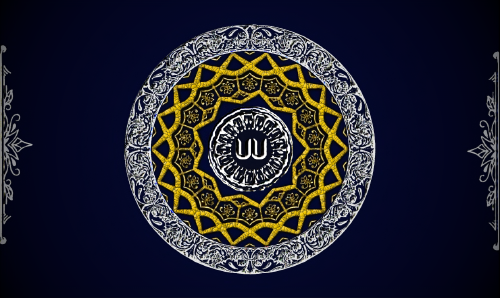Rising from the ashes of global unrest in 2008, the Emirate of Al-Jazira emerged as a bold Islamic revivalist project claiming both political sovereignty and spiritual legitimacy. Founded by a tribal confederation under the leadership of Sheikh Mahmoud al-Talafari, the Emirate was declared in Tel Afar as a sanctuary for order, tradition, and faith. Amid chaos, it forged stability, relying on tribal defense councils and a pragmatic governance model that embraced Arabs, Kurds, and Turkmen in its shura under one black banner of unity.
In 2010, the conquest of Mosul marked a turning point. The ancient city, once a jewel of Islamic civilization, was proclaimed the new capital, a move cementing the Emirate's legitimacy. Under Emir Abu Uthman Al-Turki, a scholarly and charismatic figure with deep religious credentials, the Emirate has established the shari'ah as the supreme law, enshrining Islamic jurisprudence and Abbasid-inspired administrative practices into every level of governance.
Far more than a mere revivalist state, Al-Jazira sees itself as a mujaddid—a renewer of the faith for a fractured ummah. Its governance model fuses the traditional authority of tribal elders with a centralized religious council led by the Emir, forming a uniquely modern theocracy grounded in classical Islamic principles. The regime promotes a vision of Islamic unity, conservative piety, and cultural stewardship—rooted in the belief that it is not merely a state, but the first spark of a civilizational renewal.
Despite international skepticism and regional opposition, the Emirate continues to expand its influence both ideologically and territorially, promoting itself as a beacon of order, faith, and legitimacy in a time of disarray.
Minister of Striving & War: Abu Nidal al-Shishani
Minister of Religious Affairs: Abdul Basit ibn Khalid al-Dodurgawi
Minister of Public Affairs: Muhammad ibn Jamal al-Afshari
Minister of Internal Security: Ibrahim al-Khatib al-Dulaimi
Minister of Justice: Mujahid ibn Sufyan al-Khandafi
Minister of Commerce & Finance: Adnan ibn Jad al-Hasakawi
Minister of Education: Mustafa ibn Alp-Arslan al-Qyzyqi
Minister of Wildlife & Agriculture: Zubayr ibn Umar al-Anzi
Minister of Energy & Resources: Muhammad ibn Hussain al-Deiri
Minister of Public Health: Uthman ibn Ercüment al-Bayındıri
Minister of Development & Infrastructure: Abu Ayman al-Maslawi
Minister of Transportation: Abu Huzam ibn Yahya al-Hejazi
Minister of Culture & Tourism: Abu Salim ibn Ubaydah al-Raqqawi
Minister of Labour & Employment: Rashid ibn Abdülmecid al-Bayati
Minister of Youth Activity & Sports: Abu Dawud al-Bajelani
Director of Communications + Spokesman: Hassan ibn Yusuf al-Ruhawi
Minister of Foreign Affairs: Ali ibn Ayyub al-Hamawandi
Head Judge: Qadi Abdullah ibn Talha al-Talafari
Ambassador to the Kingdom of New Ghaza: Ramy ibn Amjad al-Dulaimi
Ambassador to the Arab Republic of Egypt: Hassan ibn Dawud al-Ubaidi
Ambassador to the United Ummah: Abu Yasir al-Maslawi
Recognition & Relations Application
Website being worked on



















